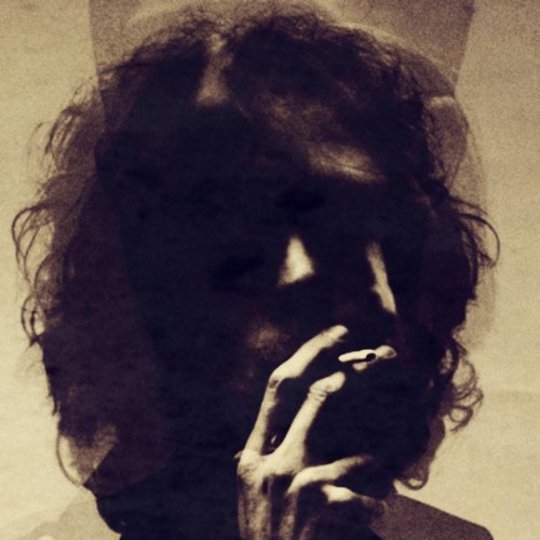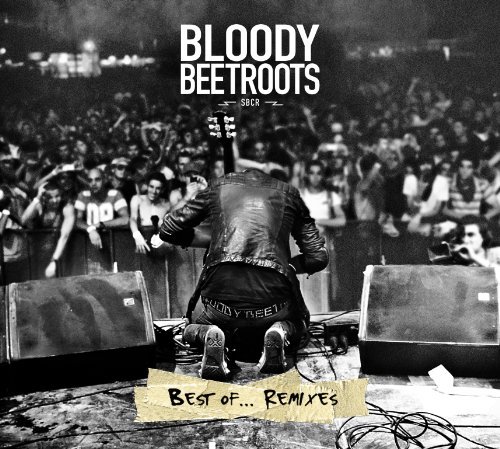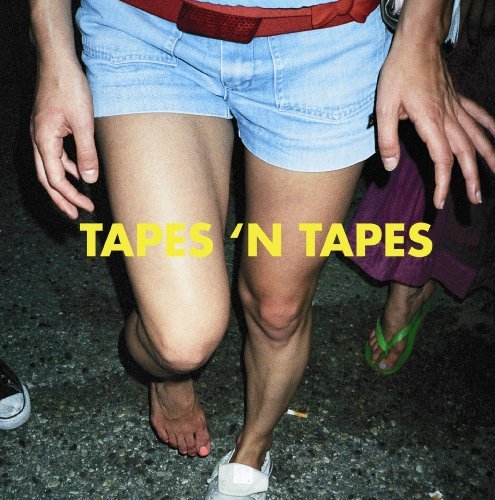Three gentlemen from New York who come off like they’re mad at the rest of rock for not taking the term ‘power trio’ literally enough, The Psychic Paramount formed in the early Noughties after guitarist Drew St Ivany and bassist Ben Armstrong broke up their improbably-named jazz-rock quartet Laddio Bolocko – who also provided a drummer for The Mars Volta, specifically Blake Fleming, for a couple of stints. Almost as improbably, they hurled themselves straight into a tour of mainland Europe before anyone could possibly have heard them. About half of their discography to date features scuzzy live recordings of these European shows, but really, it’s the other segment you need to be wise to. Specifically, their 2005 studio debut Gamelan Into The Mink Supernatural and, as of now, this prosaically-titled sequel.
Which is not to say that The Psychic Paramount are a band best confined to the studio; rather, the total blood-draining whitewash of their live sound will likely increase your appreciation for their records, assuming people living in or near your house are understanding or deaf. The show I promoted for them some years back (if I’m allowed a wee personal anecdote) defines them somewhat, for me at least. Outstaying their timeslot on an already overrunning bill, the normal course of action in this instance – wait for a song to end and politely ask them to wind it up – was hampered by the fact they only played one 45-minute song, they had their eyes shut almost the whole time, and it was incredibly and relentlessly loud. Gamelan Into The Mink Supernatural basically embodies that: an album that might take a chomp at your fingers if you reached for the pause button. II is a bit like that, just not all the time.
I mean, there are probably people out there for whom this album might constitute a dilution of intent. People whose expressions default to glum when, just over three and a half minutes into the screeching overdrive-fest of ‘Intro / SP’, the opening track, St Ivany takes his foot off the pedal (literally) and lets a musclebound bassline into the lead role for the rest of the song. When this gives way to track two, ‘DDB’, which starts with a spacerocking spurt of square wave drone. When the guitars of ‘N6’ have the impudence to almost jangle for a minute. If you’re this embedded in the noise trenches, then yes, it is true that The Psychic Paramount do not, overall, blaze with quite the steel-melting heat of Skullflower or Jazkamer. Although they have more than likely cocooned themselves in the music of least the first of those names, it would be dim to just assume they’re attempting to equal them.
In highlighting how exactly The Psychic Paramount are a rock band before they’re noise or experimental or whatever other half-chewed signifier, it would be prudent to mention Jeff Conaway, the drummer. He has skills to pay the bills, and strength to pay the rent – at times, say the earlier part of ‘N5’, he emulates that inexplicable tight looseness associated with Jaki Liebzeit of Can, but in the main his disciplined battery makes II seem more like a brutalist re-imagining of particularly epic American hard rock. If Comets On Fire made great capital from pushing the basic idea of Blue Cheer to the outer limits, these guys have grabbed the COF baton, eradicated every last trace of woolly hippy from the aesthetic and replaced it with clods of homebuilt-robot-gone-bad industrial, the MBV end of shoegazing (as much as the rhythmic element ultimately separates them from this, too) and spiritually cleaning noise music. They don’t say a damn word for the whole duration, nor do they need to; you can try, but no-one will be able to hear.
-
8Noel Gardner's Score






















